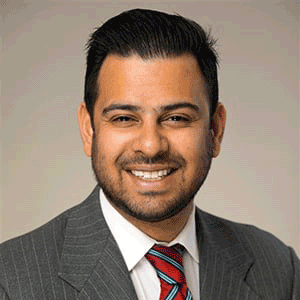Actress and musician Kate Micucci, best known for her role as Lucy on CBS sitcom “The Big Bang Theory,” recently underwent surgery for lung cancer.
Micucci, 43, revealed the news on TikTok on December 8, explaining that the diagnosis surprised her, since she has never smoked, and that she was fortunate that the cancer was caught early.
“Hey everybody, this is not a TikTok, it’s a ‘Sick Tok,’” she said in the post. “I’m in the hospital, but it’s because I had lung cancer surgery yesterday. They caught it really early.”
“It’s really weird, because I’ve never smoked a cigarette in my life,” Micucci said. “So, you know, it was a surprise. But also I guess, it happens and the greatest news is they caught it early, they got it out, I’m all good.”
According to University of Colorado Cancer Center member Tejas Patil, MD, assistant professor of Medical Oncology in the CU Department of Medicine, around 20% of people diagnosed with lung cancer have never smoked, and researchers are still working to understand how they get the disease.
Micucci also said that an abnormal result in her bloodwork prompted doctors to perform a scan of her heart, which is when the spot on her lung was first observed. This type of “incidental diagnosis,” Patil says, is a common occurrence in younger people and those who have never smoked.
We talked more with Patil about lung cancer screening, treatment, and diagnosis.





